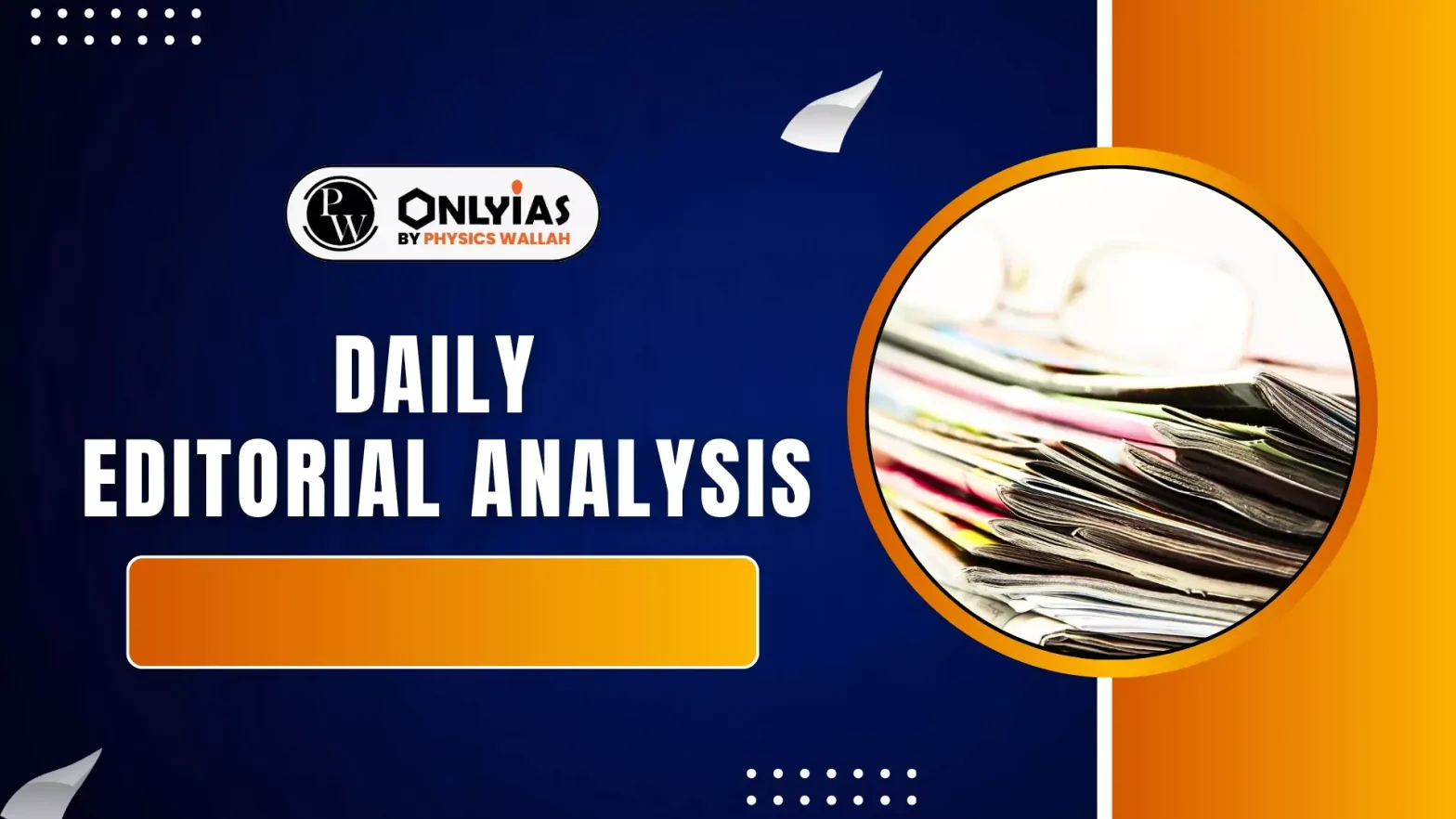In State of Tamil Nadu v. Governor, a two-judge bench issued three unprecedented directions—two curbing assent delays by Governors, and a contentious third allowing courts to direct the President.
Governor’s Powers (Article 200)
- The Governor has four constitutional options when a bill passed by the State Assembly reaches them:
- Sign the bill (it becomes an Act),
- Withhold assent (the bill fails),
- Return the bill for reconsideration (if passed again, the Governor must sign it) and
- Reserve the bill for the President’s consideration (only in specific situations).
The Conflict
- Indefinite Delay: Opposition-ruled states (e.g., Tamil Nadu, Kerala, Punjab) experienced Governors causing “indefinite delay” by refusing to act on bills, essentially exercising a “pocket veto”.
- This is seen as anti-democratic because the Central Government appoints Governors, but the will of the elected State Government should prevail.
Key Points From the Tamil Nadu vs. Governor of Tamil Nadu Case
- Tamil Nadu challenged the Governor’s prolonged inaction on Bills. A two-judge bench of the Supreme Court introduced three strong checks on gubernatorial discretion:
- No Indefinite Delay: The Governor cannot sit on a Bill endlessly.
- Deemed Assent: If the Governor takes no action within a reasonable period (e.g., three months), assent would be deemed to have been granted.
- Judicial Directions: Courts could order the Governor to act (sign the Bill or decide swiftly) preventing constitutional paralysis. These measures were aimed at preventing Governors in Opposition-ruled states from stalling legislation.
The Presidential Reference and the Advisory Opinion
- Presidential Request for Advisory Opinion: Following a ruling, the President sought the Court’s advisory opinion under Article 143, asking 14 questions on the scope of gubernatorial and presidential powers.
- Diluted Earlier Safeguards: The Supreme Court moderated the strong protections set by the earlier two-judge bench, leading to a diluted stance on governor-presidential relations.
- Free Pass to Reserve Bills: The new opinion grants the Governor the power to send any Bill to the President, even when not required by the Constitution. Without a time limit, the Centre can effectively stall State laws indefinitely.
- Depending on “Hope”: Instead of setting clear timelines, the Court expressed hope that Governors will act constitutionally. However, hope cannot replace constitutional safeguards.
Concerns Of Institutional Credibility
- Risk of Bench Hunting: Frequent reversals encourage parties to seek benches that may favour them.
- Example: In Vanashakti vs Union of India, the Court first banned post-facto environmental clearances, then recalled the order on weak grounds, causing fears of bench hunting and legal instability.
- Impact on Public Trust: Such volatility makes law unpredictable and weakens institutional credibility.
Potential Short Cuts That Can Be Adhered By States
- Declaring Bills as Money Bills: States may label ordinary Bills as Money Bills to limit the Governor’s powers similar to the Centre’s strategy in the Aadhaar case.
- Increasing Reliance on Executive Orders: States may bypass the legislature and govern directly through executive decisions, weakening democratic processes.
Conclusion
B.R. Ambedkar termed the Governor a constitutional head without independent powers. The recent Supreme Court advisory opinion undermines federalism, giving the Center a “backdoor” to veto State laws through the President.
![]() 21 Nov 2025
21 Nov 2025


